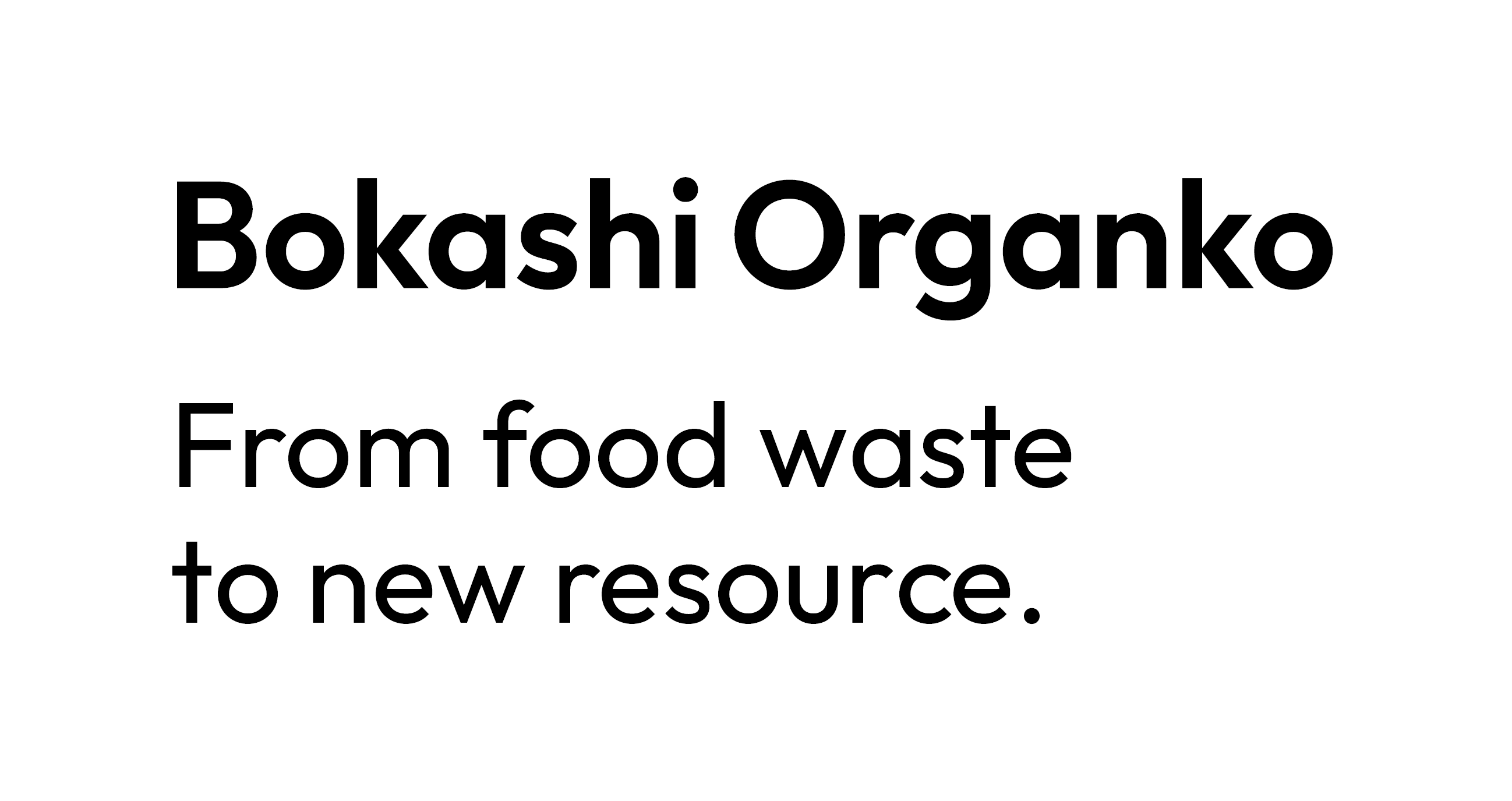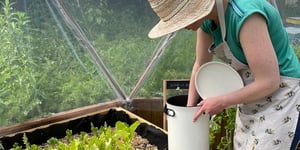Unlike any other inhabitants on this planet, people produce a lot of waste. Of course, a large portion of that waste is all sorts of non-organic materials; yet organic waste still represents a whopping 34%. Moreover, the majority of organic waste still ends up in landfills. Furthermore, according to the United States Department of Agriculture (USDA), about 103 million tons of food waste are produced in the USA alone.
And while these numbers are very concerning, there is an ancient method at our disposal that offers tangible solutions - composting. The latter can help us reduce those shockingly high numbers significantly. Of course, to reap the positive effects of composting, we must first properly COLLECT our organic waste. Moreover, while there are different ways of composting, you ought to focus on the bokashi method and you’ll soon learn why. Nonetheless, in case you are just getting acquainted with composting, we recommend checking out our article that explains the factors affecting the composting process, which will make things a whole lot clearer for you.
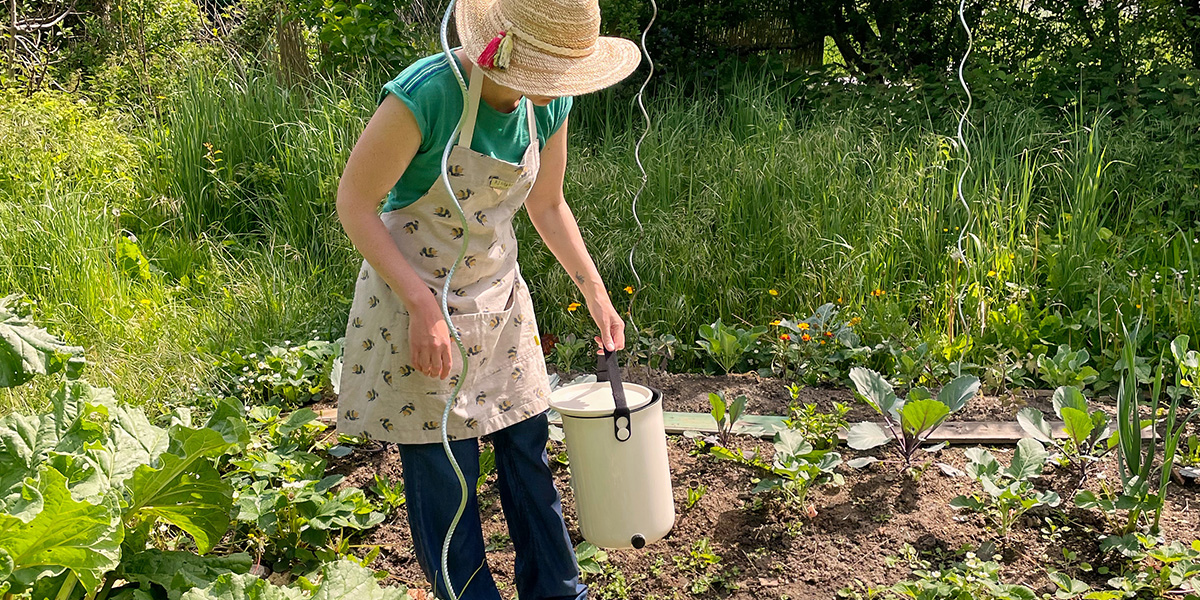 Positive effects of composting
Positive effects of composting
If sustainability concerns you, you probably already know that there are many advantages of composting. Moreover, keeping the natural resources in the loop is an extremely important aspect of a sustainable lifestyle, which we need to set in place as a standard as soon as possible. Furthermore, composting is also the key to organic farming and thus the production of healthy food without negatively impacting the environment. However, traditional composting results in rather high amounts of greenhouse gases (CO2, CH4, and N2O) being emitted. On the other hand, bokashi composting, which is performed in airtight conditions, intuitively promises way fewer emissions. But, can science back those assumptions?
Positive effects of composting backed by science
You probably agree that it is very important to back up various claims with verifiable scientific data, right? We definitely do. As such, we asked the Department of Mechanical Engineering at Ljubljana University back in September 2021 to perform a detailed study of the carbon footprint of bokashi composting and compare that with conventional composting. Using their state-of-the-art methods and tools, namely Ecoinvent 3.7.1 databases integrated into the GaBi software environment, they were able to provide us with some very interesting results.
They used the Life Cycle Assessment of the technologies and processes (LCA) methodology to analyze Bokashi Organko 2’s carbon footprint closely. Bokashi Organko 2 (BO2) is one of our products intended for easy indoor composting exploiting bokashi fermentation by introducing effective microorganisms on top of each batch of organic waste. The LCA method ensured that not only the use phase of BO2, where it ensures that the bokashi PROCESS goes smoothly, but also the manufacturing of the product was considered. The results are rather impressive and very encouraging. They clearly show that bokashi fermentation enables us to get the positive effects of composting with minimal carbon emissions.
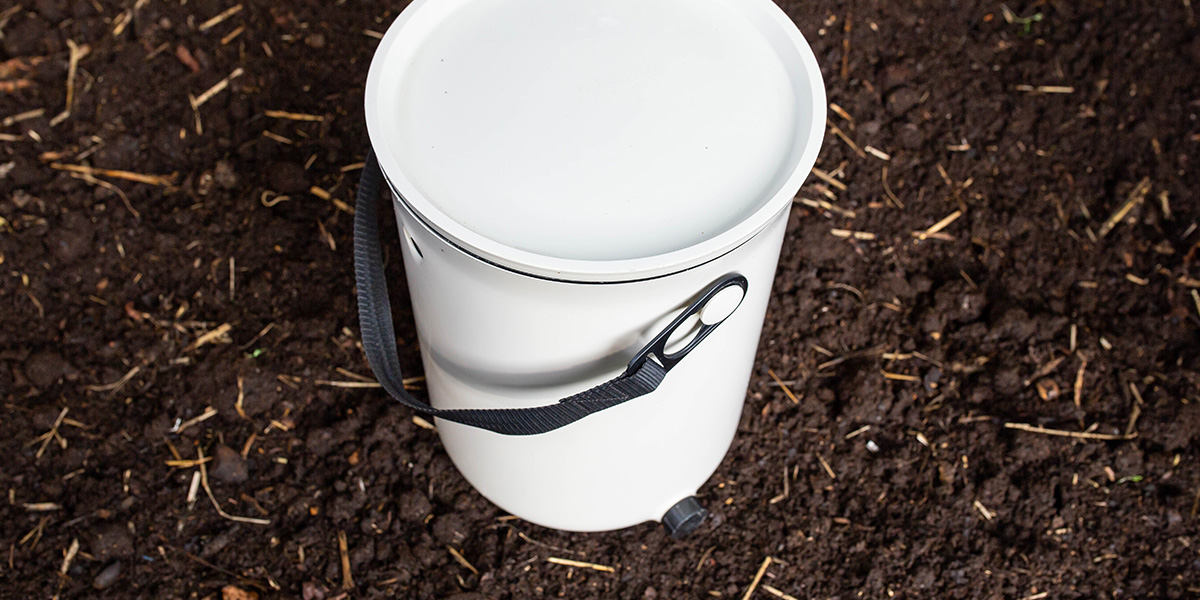 BO2 LCA Results - Positive effects of bokashi composting confirmed
BO2 LCA Results - Positive effects of bokashi composting confirmed
By considering a BO2’s impact of ten years and 4-week bokashi composting cycles, the scientists at the Department of Mechanical Engineering at Ljubljana University were able to determine CO2 footprint. The results indicate that bokashi composting using BO2 produces only 1.7 kg of CO2 (and CO2 equivalent of N2O and CH4) per year. On the other hand, conventional composting produces 45 kg of CO2 per year.
Moreover, let’s compare the above numbers with something more tangible, something we are all familiar with. As such, 1.7 kg of CO2 equals a 9-kilometer drive with an average car, while 45 kg of CO2 matches the CO2 emissions of a 240-kilometer drive*. That is a huge difference. All-in-all, we can see that bokashi composting is more than 26 times environmentally friendlier. So, while the positive effects of composting of all types are indisputable, the bokashi method clearly comes out on top when carbon emissions are included in the picture.
Nonetheless, suppose we now expand those results on the entire life cycle of BO2, which is 10 years. In that case, we also see that the CO2 emission related to the production of the composting bin represents only 14.5% of its total carbon footprint during 10 years of its use. As such, Bokashi Organko 2, including its production impact, results in only 19.5 kg of carbon emissions compared to 450 kg of CO2 for conventional composting in the same period.
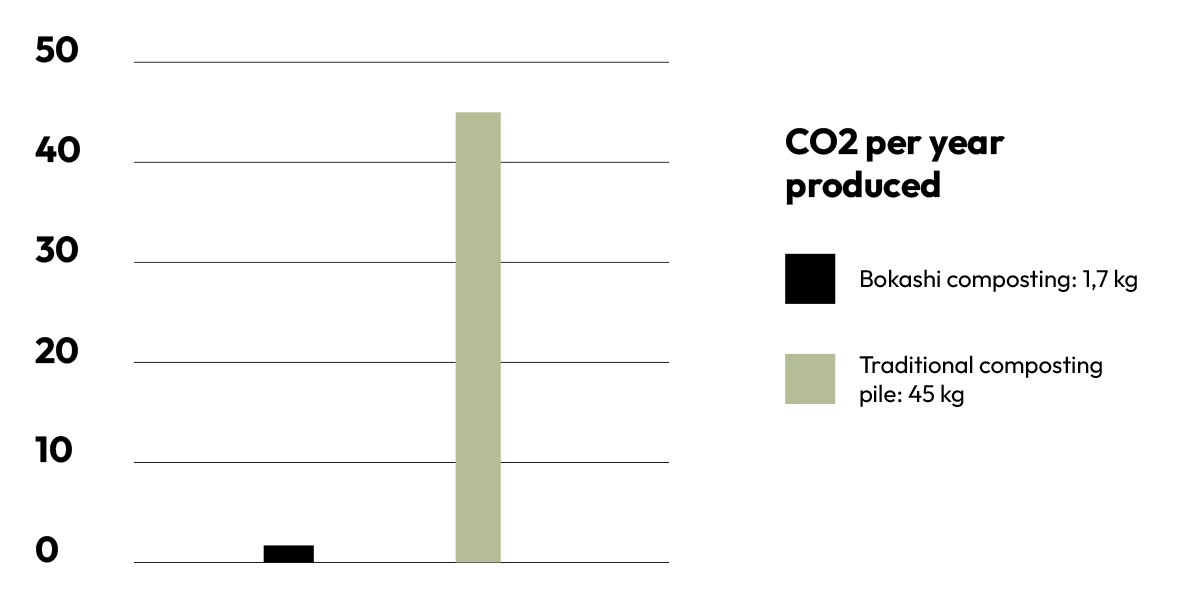 Final Thoughts
Final Thoughts
The result of the LCA BO2 analysis gave us a clear confirmation that we are on the right track. Furthermore, this research also motivated us to increase our efforts further and make an even greater positive impact by educating people about the use of bokashi composting. So, if you want to dive deeper and learn all you need to know to make the most of the Bokashi loop, make sure to enroll in the Bokashi academy. Moreover, do not forget to connect with other people who strive to make the positive effects of composting count. We can make a real difference and get our planet one step closer towards sustainably handling organic waste by joining forces. And finally, in case you already practice bokashi composting, make sure to optimize the process by using the right tools.
* https://www.statista.com/statistics/1185559/carbon-footprint-of-travel-per-kilometer-by-mode-of-transport/

